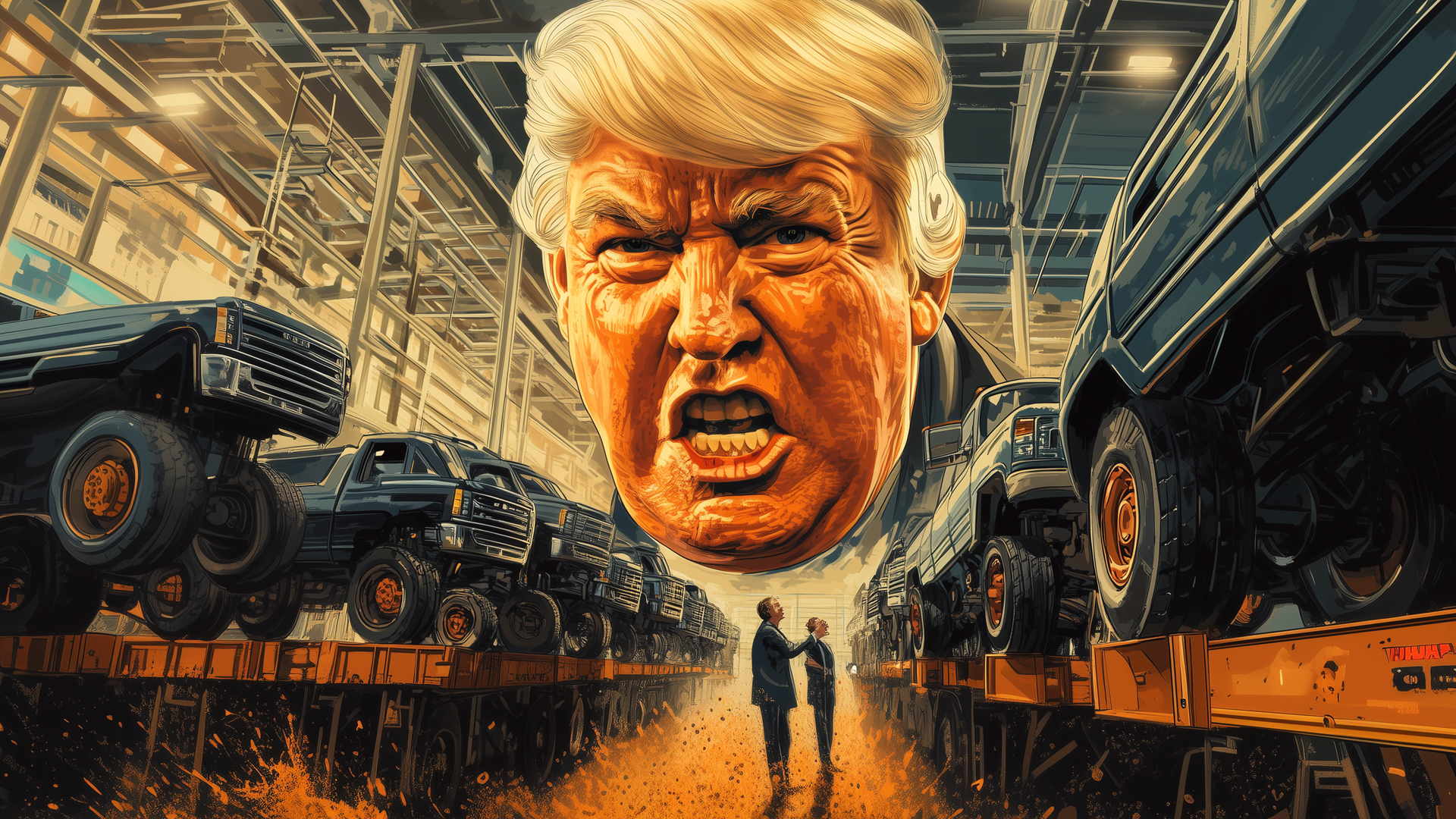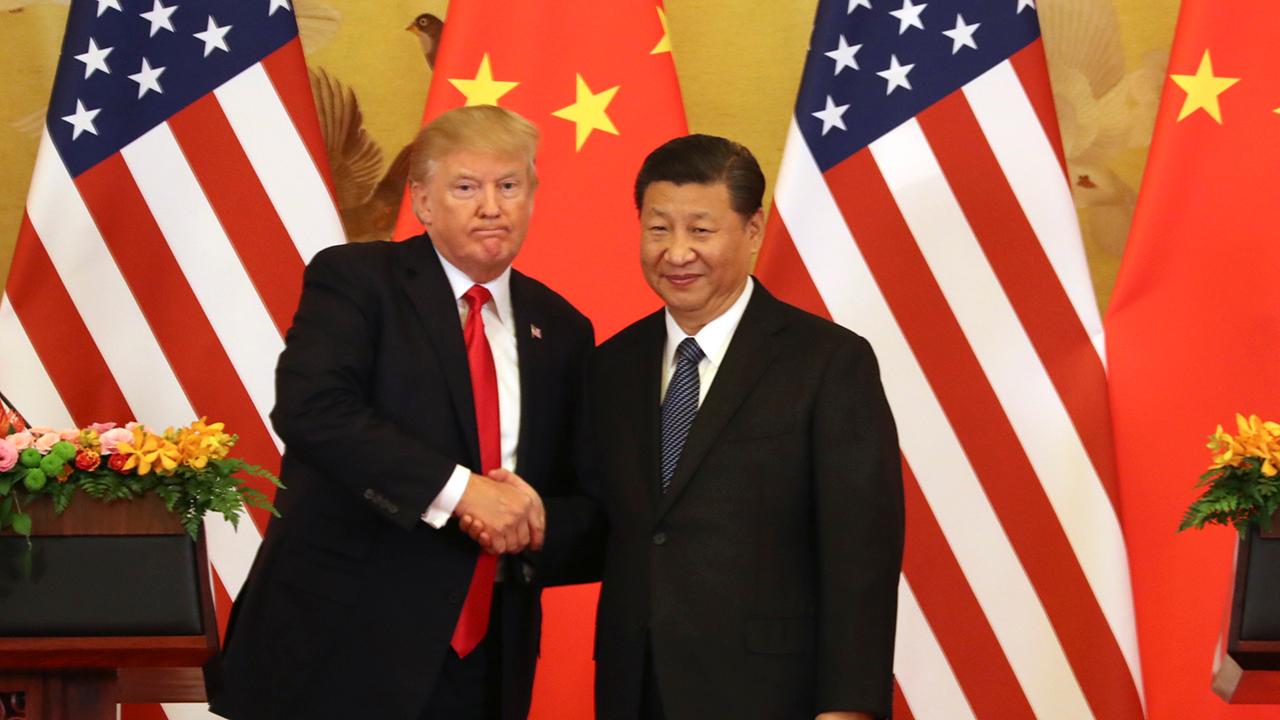OpenAI Under FTC Scrutiny: ChatGPT's Future Uncertain

Table of Contents
The FTC's Concerns Regarding ChatGPT and Data Privacy
The FTC's investigation into OpenAI likely centers on concerns about data privacy and potential violations of consumer protection laws. The agency's focus is likely two-pronged: unfair or deceptive practices and algorithmic bias.
Unfair or Deceptive Practices
The FTC is likely investigating whether OpenAI's data collection and usage practices are unfair or deceptive. This involves several key areas:
-
Concerns about the consent process for data usage: Did users truly understand how their data was being collected and used to train the ChatGPT model? The FTC will scrutinize the clarity and comprehensiveness of OpenAI's privacy policy and consent mechanisms. Were users given meaningful choices regarding their data?
-
Potential violations of consumer privacy laws: OpenAI's practices are being examined against existing federal and state laws protecting consumer privacy, such as the California Consumer Privacy Act (CCPA) and other relevant regulations. The FTC will investigate whether OpenAI adhered to these laws in its collection, storage, and use of user data.
-
The accuracy and transparency of OpenAI's data security measures: The FTC will likely assess the robustness of OpenAI's security protocols to protect user data from breaches and unauthorized access. Transparency in reporting any security incidents will also be a key area of investigation.
-
Questions surrounding the use of personal data for training the model without explicit consent: This is a critical point. The FTC will investigate whether OpenAI obtained adequate consent from individuals whose data was used to train ChatGPT. The lack of explicit consent could be a significant violation of privacy laws.
Algorithmic Bias and Discrimination
Beyond data privacy, the FTC's investigation also likely encompasses the issue of algorithmic bias within ChatGPT. This involves:
-
Analysis of the dataset used to train ChatGPT: The dataset used to train any AI model significantly impacts its outputs. The FTC will investigate whether the dataset contained biases that could lead to discriminatory outcomes. This includes examining the representation of different demographics and perspectives within the training data.
-
Investigation into the outputs generated by the model: The FTC will analyze ChatGPT's responses to determine if they exhibit bias against specific groups or individuals. This involves evaluating the model's outputs for discriminatory language, stereotypes, and unfair or harmful generalizations.
-
Assessment of potential harm caused by biased responses: The FTC will assess whether biased outputs from ChatGPT have caused or could cause real-world harm, such as perpetuating stereotypes, reinforcing discriminatory practices, or leading to unfair or unjust decisions.
-
Examination of OpenAI's efforts to mitigate algorithmic bias: The FTC will examine the steps OpenAI has taken, or failed to take, to identify and mitigate bias within its algorithms. This includes evaluating the effectiveness of any bias mitigation techniques employed.
Potential Consequences of the FTC Investigation
The FTC investigation carries significant potential consequences for OpenAI:
Financial Penalties
If found to have violated consumer protection laws, OpenAI could face substantial financial penalties, potentially impacting its financial stability and future investments in AI research and development. The fines could be in the millions or even billions of dollars, depending on the severity of the violations.
Operational Restrictions
The FTC could impose operational restrictions on OpenAI, including limitations on data collection practices, restrictions on the development and deployment of new AI models, and mandatory audits of its data handling procedures. These restrictions could significantly hinder OpenAI's ability to innovate and compete in the rapidly evolving AI market.
Reputational Damage
Negative publicity surrounding the FTC investigation could severely damage OpenAI's reputation and trust among users, investors, and partners. This reputational damage could make it harder for OpenAI to attract talent, secure funding, and maintain its position as a leader in the AI industry.
The Broader Implications for the AI Industry
The FTC's investigation into OpenAI has significant implications for the broader AI industry:
Increased Regulatory Scrutiny
The investigation signals a potential wave of increased regulatory scrutiny across the AI sector. Other companies developing and deploying AI models can expect increased attention from regulators, prompting a need for proactive compliance with existing and emerging privacy and consumer protection laws.
Need for Stronger Ethical Guidelines
The investigation underscores the urgent need for stronger ethical guidelines and regulations for AI development and deployment. The AI industry needs to prioritize responsible AI practices, including data privacy, algorithmic fairness, and transparency, to build trust and maintain public confidence in AI technologies.
Impact on Innovation
While regulation is crucial to mitigate risks and ensure responsible AI development, excessive restrictions could stifle innovation in the rapidly evolving field of artificial intelligence. Finding a balance between fostering innovation and protecting consumers is a critical challenge for policymakers and the AI industry alike.
Conclusion
The FTC's investigation into OpenAI and ChatGPT is a pivotal moment for the AI industry. The potential consequences are far-reaching, impacting not only OpenAI's future but also shaping the regulatory landscape for AI development globally. The investigation underscores the importance of responsible data handling, algorithmic fairness, and the need for robust ethical guidelines to guide the development and use of powerful AI technologies like ChatGPT. The outcome of this scrutiny will significantly influence the future of AI and the trust users place in these advanced technologies. Understanding the implications of the OpenAI investigation is critical for anyone involved in or affected by the rapidly expanding world of artificial intelligence. Stay informed about further developments in the OpenAI and ChatGPT case, and advocate for responsible AI innovation.

Featured Posts
-
 Open Ai Simplifies Voice Assistant Development
Apr 22, 2025
Open Ai Simplifies Voice Assistant Development
Apr 22, 2025 -
 Navigating Trump Tariffs A Look At Tik Toks Role
Apr 22, 2025
Navigating Trump Tariffs A Look At Tik Toks Role
Apr 22, 2025 -
 Analyzing The Effects Of Trumps Trade Policies On Americas Global Financial Standing
Apr 22, 2025
Analyzing The Effects Of Trumps Trade Policies On Americas Global Financial Standing
Apr 22, 2025 -
 Understanding High Stock Valuations Bof As Insights For Investors
Apr 22, 2025
Understanding High Stock Valuations Bof As Insights For Investors
Apr 22, 2025 -
 Pan Nordic Defense A Deep Dive Into Swedish Armor And Finnish Personnel
Apr 22, 2025
Pan Nordic Defense A Deep Dive Into Swedish Armor And Finnish Personnel
Apr 22, 2025
